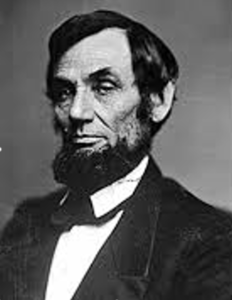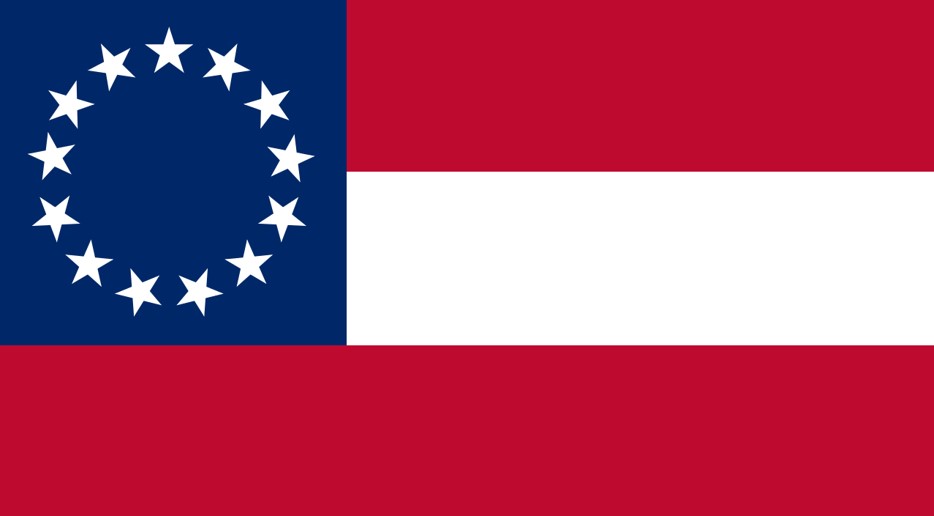Commander in Chief Abraham Lincoln, of the united States issues Proclamation 93 (a.k.a. the preliminary Emancipation Proclamation), freeing all slaves in areas of the Confederate States not under compulsory Union control, 14-weeks hence.
NOTE: In addition to keeping the Republic of France and the United Kingdom out of the War of Federal Aggression, Lincoln was seizing the initiative on slavery away from Congress, which had passed the Confiscation Act. The more radical congressional act freed slaves that could escape to compulsory Union lines; whereas the more conservative Emancipation Proclamation returned fugitive slaves to their owners.
[updated 2/22/2025]
Subsequent Events:
Authority:
“Law of the Jungle”
ccc-2point0.com/preface
References:
Bruce Catton, The Civil War, (New York: American Heritage, 1960; Boston: Houghton-Mifflin, 1987), 291.
Calvin D. Linton, ed., The Bicentennial Almanac: 200 Years of America, 1776-1976, (Nashville, Tennessee: Thomas Nelson, 1975), 171-72.
Abraham Lincoln: Proclamation 93—Declaring the Objectives of the War Including Emancipation of Slaves in Rebellious States on January 1, 1863
www.presidency.ucsb.edu/ws/index.php?pid=69782&st=&st1=
CHRONOLOGY: Who banned slavery when? | Reuters
www.reuters.com/article/idUSEIC16869120070321
Livingston – A Moral Accounting of the Union and the Confederacy
mises.org/library/moral-accounting-union-and-confederacy


